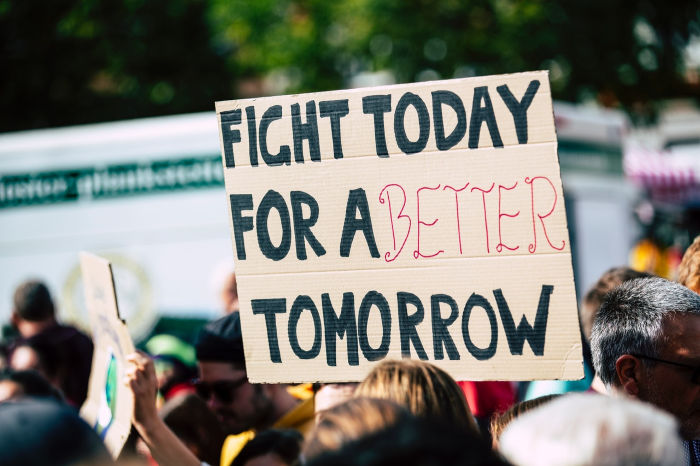It is strange how Christians celebrate martyrs. Not like lions of the faith, but as sheep slaughtered. There’s something behind that.
Bernard Mizeki and martyrdom
Luke 12:2-12

In Christian tradition, the place of martyrdom is quite overstated. Much like the role of persecution.
There is scant evidence in history of a massive persecution or martyrdom of Christians that even approaches the rhetoric employed by our people throughout history. Christians are no more the victims of persecution, than say our desert siblings: Jews and Muslims.
And yet, there is a way that even our great awareness of religious persecution and martyrdom makes it impossible to see how it is present.
For any oppression—the reason can be most anything—the reality is pain and suffering by a people. It is suffering in the midst of injustice. In this way, Christian persecution is, at the macro-level of human time, but an insignificant blip among many. But persecution itself is a timeless and unending injustice heaped upon the backs of millions of human beings at every moment.
The point of persecution is so often dwarfed by the volume of persecutors.
But even this reveals the Christian witness.
Perhaps the most famous martyr for most Americans is Martin Luther King, Jr. He was killed for his beliefs; Christian beliefs. But of course, not because he was Christian.
He was despised by Christians, persecuted by Christians, and there were many attempts at ruining his life by Christians. Of course, also not because they were Christian.
And yet, it was King’s Christianity that most convicted him to act. His dream for the United States was the kin-dom of God. His work for racial justice, economic justice, labor justice, community reform, legal transformation was grounded in the gospel, rooted in the scripture, driven by the Holy Spirit.
He was quite literally hated for the gospel. It’s just…people called it something else.
Bernard Mizeki is a different kind of martyr.
He was not championing the dignity of every human being as King did. He was caught in the fallout of imperialist enterprise; of the human desire to control.
And yet what is common between King and Mizeki, besides being murdered, is what evangelicals might call an act of public witness. Something my seminary friends and I joked as walking around saying “do you want to talk about Jesus?”
But that’s just a flavor of witness, it isn’t the definition of it.
Existentialists give us another flavor—a vivid sense of being. That existing in the world, in a certain way, with a particular environment is its own thing.
But Jesus describes discipleship as something more than just being a Christian. And something quite more than asking the right questions of other people, or seeking to convert them to a particular tradition.
Discipleship involves activity, motion, participation in any/every moment. And because that is especially hard when we are scared or threatened, it is all the more important that we face that fear with true integrity.
This is, of course, why the church is so into martyrdom. Not because we’re some death cult or have a morbid willingness to sacrifice others to a cause. But because the act of courage in the midst of fear is a foundational gospel message.
I often go back to this passage from Luke for inspiration.
“do not worry about how you are to defend yourselves or what you are to say; for the Holy Spirit will teach you at that very hour what you ought to say.”
Because it is about facing fear as much as it is about silencing that inner critic who thinks we’re not good enough.
It comes to mind in leading challenging conversations at church and at home.
I think about the courage of speaking up in the midst of injustice and inequality. Of speaking for a kin-dom presence when we’re fixated on doing the right thing by everyone and not making waves.
I think of it when all the thoughts are racing through my head and I don’t know what to do.
Trust the Spirit.
And I know that I must speak if there are to be any words at all. For it won’t only be me speaking, for the words won’t be mine. So there is truly nothing to fear in the speaking.
